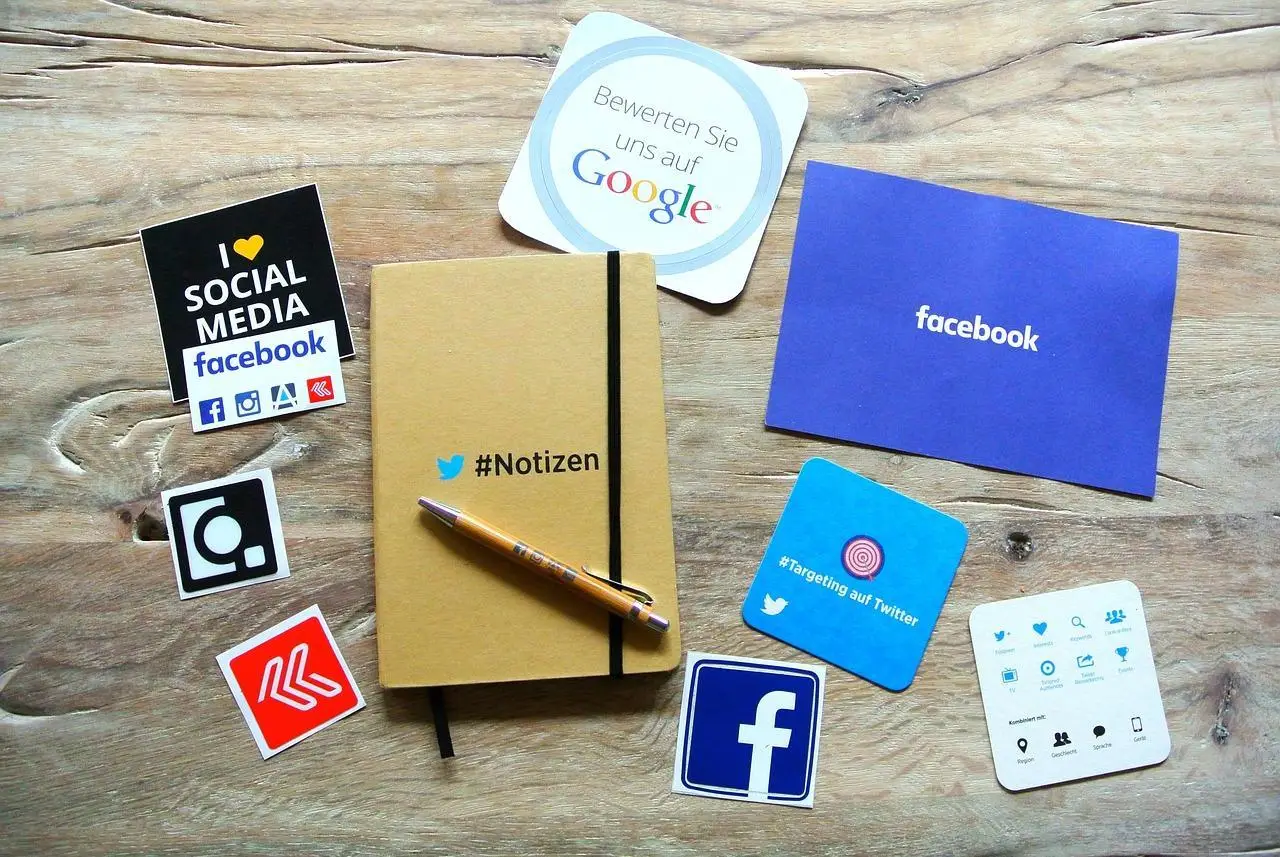Navigating the Privacy-Personalization Paradox in Modern Marketing
In today’s competitive landscape, personalization in marketing is not just a trend—it's a necessity. Consumers expect brands to understand their needs and preferences, delivering tailored experiences that resonate on a personal level. However, as businesses strive to meet these expectations, they must also navigate the growing concerns around customer privacy. Finding the right balance between effective personalization and respecting privacy is a challenge that every marketer must address. This article explores how to achieve this balance while maintaining trust and compliance with regulations.
Why Personalization Matters More Than Ever
Personalization has become a cornerstone of modern marketing, driving customer engagement and loyalty. When done correctly, personalized marketing enhances the customer experience by making interactions more relevant and meaningful. For example, personalized emails with tailored product recommendations often see higher open and conversion rates compared to generic messages. Similarly, customized shopping experiences on e-commerce platforms can significantly boost sales by presenting products that align with the customer’s interests.
Moreover, personalization allows for more efficient resource allocation. By targeting specific segments of your audience with tailored content and offers, you can reduce waste and improve the return on investment (ROI) of your marketing efforts. Data-driven insights enable businesses to optimize their campaigns, ensuring that they reach the right people at the right time with the right message.
Understanding the Rising Tide of Privacy Concerns
While personalization offers clear benefits, it also raises significant privacy concerns. As consumers become more aware of how their data is collected and used, they are increasingly concerned about their privacy. High-profile data breaches and scandals have eroded trust in how companies handle personal information, leading to heightened scrutiny and demands for greater transparency.
In response, governments around the world have introduced stringent data privacy regulations. Laws like the General Data Protection Regulation (GDPR) in the European Union and the California Consumer Privacy Act (CCPA) in the United States impose strict requirements on how companies collect, store, and use customer data. These regulations not only protect consumers but also hold businesses accountable for maintaining ethical data practices.
Customer expectations have also evolved. Today’s consumers expect companies to be transparent about their data practices and to give them control over their personal information. Building and maintaining trust through responsible data management is crucial for businesses looking to sustain long-term customer relationships.
Best Practices for Balancing Personalization with Privacy
Achieving the delicate balance between personalization and privacy requires a strategic approach. Transparency is the cornerstone of this balance. Businesses must clearly communicate their data collection practices and obtain informed consent from customers. This means being upfront about what data is being collected, how it will be used, and who will have access to it.
Minimizing data collection is another critical practice. Instead of gathering as much data as possible, focus on collecting only the information that is necessary for delivering personalized experiences. Techniques such as data anonymization and secure storage can further protect customer privacy while still enabling effective marketing.
Providing customers with control over their data is also essential. Implementing user-friendly tools like preference centers and opt-out options allows customers to manage their data preferences easily. Empowering customers in this way not only builds trust but also ensures compliance with privacy regulations.
Finally, marketers must use data ethically. Ethical guidelines and standards should guide how customer data is utilized in marketing efforts. This includes avoiding manipulative practices and ensuring that data-driven decisions align with the brand’s values and customer expectations.
Leveraging Technology to Safeguard Privacy While Personalizing
Technology plays a crucial role in balancing privacy and personalization. Privacy-enhancing technologies (PETs) such as encryption and data masking can protect customer information while still enabling personalized marketing. These technologies ensure that even if data is intercepted or breached, it remains secure and unusable by unauthorized parties.
Artificial intelligence (AI) and machine learning (ML) are also powerful tools for creating personalized experiences. AI can analyze vast amounts of data to identify patterns and preferences, enabling marketers to deliver highly relevant content and offers. Importantly, AI can do this while respecting privacy, especially when combined with techniques like data anonymization and aggregation.
Data anonymization involves stripping personally identifiable information (PII) from data sets, allowing marketers to target groups of consumers without exposing individual identities. This approach enables personalization on a macro level without compromising privacy, ensuring that marketing remains effective and compliant with privacy standards.
Learning from Industry Leaders: Balancing Act Success Stories
Several companies have successfully navigated the privacy-personalization paradox, providing valuable lessons for others. Brands like Apple and Microsoft have set benchmarks for privacy-conscious personalization, emphasizing transparency, user control, and ethical data use. These companies have built trust with their customers by prioritizing privacy while still delivering personalized experiences that enhance engagement and loyalty.
Conversely, there are cautionary tales of companies that failed to balance these aspects, resulting in significant backlash. Privacy breaches and misuse of data can lead to a loss of consumer trust, legal penalties, and lasting damage to a brand’s reputation. These examples underscore the importance of adopting a balanced approach that respects both personalization and privacy.
Preparing for the Future: Trends Shaping the Privacy-Personalization Landscape
As technology continues to evolve, so too will the strategies for balancing personalization and privacy. Emerging trends such as cookie-less tracking and zero-party data collection are set to reshape how businesses approach marketing. Zero-party data—information that customers intentionally share with a brand—offers a privacy-conscious way to personalize experiences without relying on third-party data.
The regulatory landscape is also likely to evolve, with more stringent laws and guidelines on the horizon. Marketers must stay informed and adaptable, continuously refining their practices to align with new regulations and consumer expectations.
In the future, the most successful marketers will be those who can innovate while maintaining a commitment to privacy and ethics. By staying ahead of trends and adopting best practices, businesses can continue to deliver personalized experiences that respect privacy, build trust, and drive long-term success.




